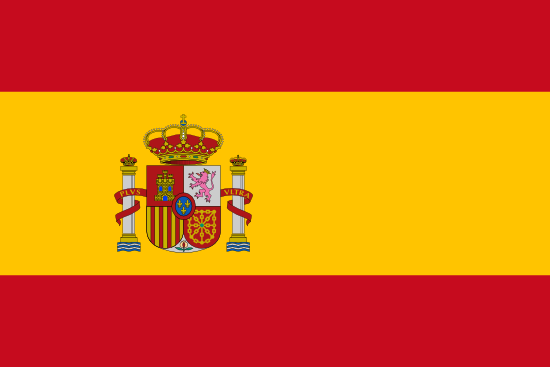
Health Insurance in Ceuta (Spain)
Information expatriation
Capital City: Madrid
Total area: 505,992 km2
Population: 45,200,737 (2007)
Money: Currency Converter
Time Zone: List of time zones by country
Calling Code: +34 XXX
Practical Information:
Health Product: Travel Insurance and Health insurance
Health Insurance information and Sanitary Risk: World Health Map
BLOG: Expat Health insurance Information
Here is a brief description of the healthcare system in the country:
· Ceuta has a public healthcare system that is integrated into the Spanish national health system (Sistema Nacional de Salud).
· As in mainland Spain, it provides universal coverage to all legal residents funded through taxes, with no direct costs at point of service.
· Primary care is the main point of entry and is accessible through local clinics and the Ceuta Hospital University.
· Specialized care, surgery, emergency services and other healthcare is also available publicly at the main Ceuta Hospital University.
· The system aims to deliver the same standard of care as elsewhere in Spain, including access to advanced technology and specialized doctors.
· Some private healthcare options also exist for those willing to pay out-of-pocket fees.
· Healthcare needs are supported through Ceuta's allocation from the central Spanish government budget.
Here are some key health considerations for expatriates living in the country:
· Residency registration - As in Spain, this is required to access public healthcare through the Spanish health system. Carry proper documentation.
· Language - While Spanish is spoken, consider studying some basic medical terms to aid communication if needed.
· -EHIC or private insurance - Citizens of other EU/EEA countries can use the EHIC for temporary stays. All others will need private insurance.
· Medications - Bring enough prescription supplies, as brands/formularies may differ from home country.
· Vaccinations - Ensure routine vaccinations are up to date, especially if traveling outside Ceuta within Morocco.
· Transitioning care - Have medical records translated if seeing doctors to communicate medical history/care plans.
· Rural access - Facilities are centralised in urban Ceuta. Distance to major hospital considerations for emergencies.
· Cultural competency - Understanding differences in care approaches can support effective interaction with providers.
